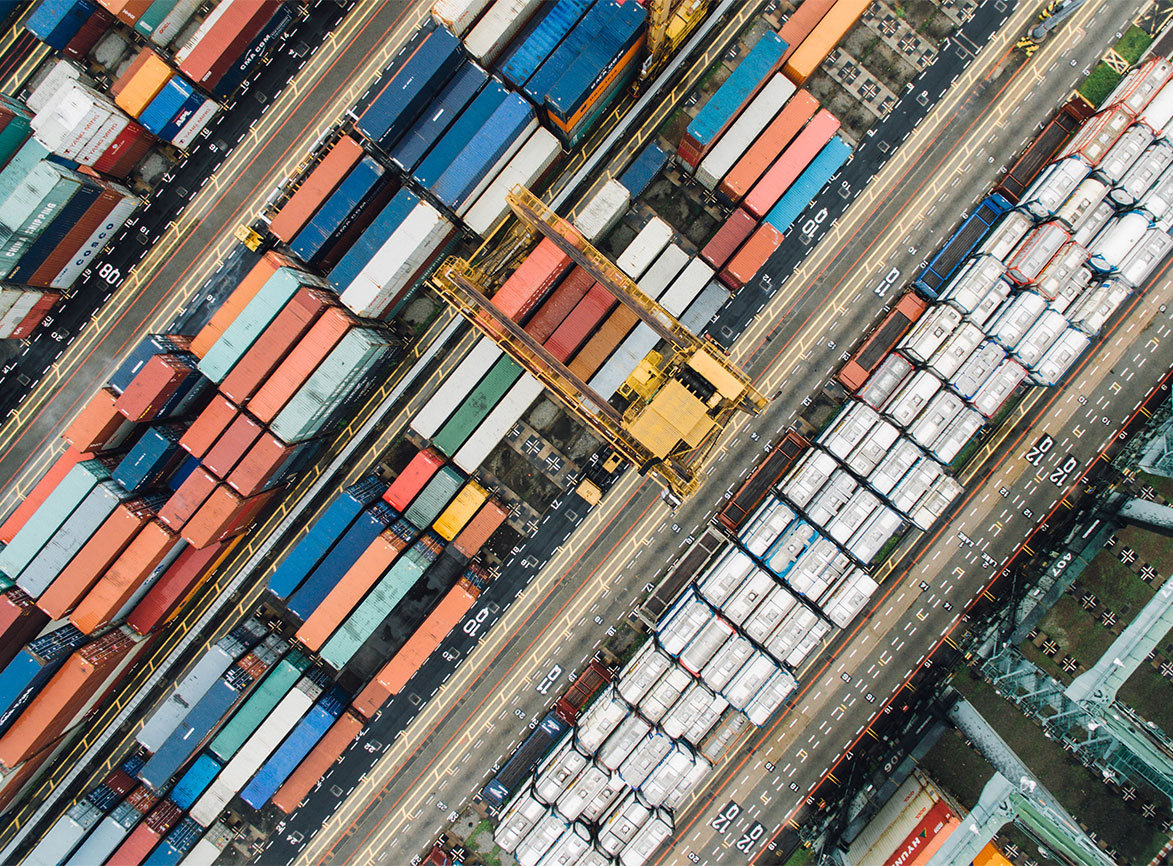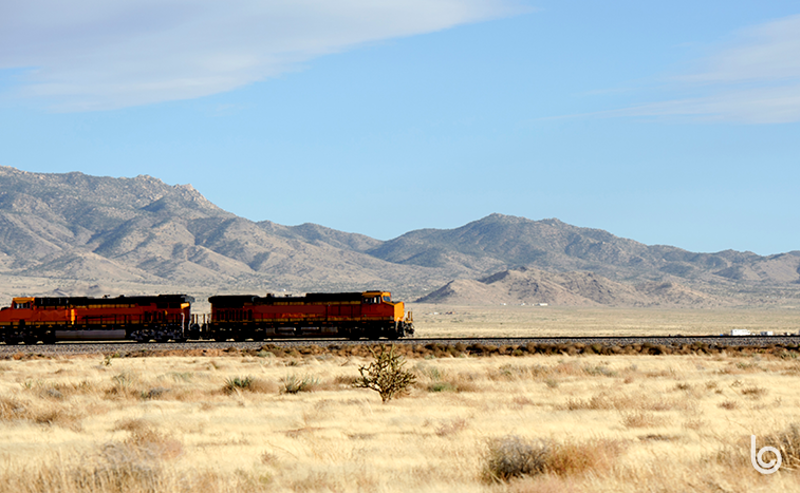Strikes throughout history have shaped the American labor force, and with the last United States rail strike taking place three decades ago, it is safe to say we averted a crisis this time around. The near imminent rail strike would have been one of many devastating events to impact supply chains over the last several years—not to mention record inflation—affecting more than 40% of the nation’s freight traffic and potentially causing losses of over $2 billion a day.
Detrimental effects and possible scenarios aside, the United States rail industry is essential to functions of the nation’s supply chain. In the event of a strike, trucks would not be able to make up for the productivity losses; there are simply not enough trucks on the road.
Given the massive implications of a rail work stoppage, the reality is there is no supply chain technology that would completely mitigate the impact. It’s time companies go back to the drawing board and ask themselves, “how can we be in a better position than others?”
This is why 77% of companies say they are investing in supply chain innovation to improve resiliency. Companies that have digitized their supply chains and leverage the right technology solutions would be the first to leverage scenario planning and capture available capacity as it became available. Those who position themselves as available are going to survive but need to have the right technology in place that ensures they’ll be available.
How could a technology partner, like Blume Global, help companies stay afloat?
In no way will implementing supply chain technology into your business practices absolve you of rail issues, or in this case, shield you from the impact of a strike. It is true, however, that leveraging the right technology partner for your operations would be the difference between survival and potential bankruptcy for many businesses had the strike not been averted. In the case of Blume Global, our solutions are fortified by the strategic partnerships we’ve created over the years with companies like Resilinc and Google.
Resilinc is a leading supply chain risk-monitoring, mapping and resiliency solutions provider that helps transform the way that global organizations approach supply chain visibility and risk. Resilinc’s solutions combined with the ability to execute with Blume provides a powerful combination. Shipment transparency is only one piece of the puzzle, and equipping customers with the ability to assess possible disruptions-like a rail strike- and mitigate them with minimal impact is key to true supply chain agility. Blume Orchestration is complemented with Resilinc’s AI-powered event monitoring, supplier visibility, data and risk scoring, and predictive technology that predicts delivery delays, price movements and supply constraints.
Blume Global was the first to deliver logistics execution and supply chain visibility solutions completely native to Google Cloud Platform. Blume partnered with GCP because of their commitment to making an impact in the supply chain space. Through Google, Blume built a digital twin of the supply chain, Blume Maps, enabling shippers to review location health and carrier on-time performance. Considering the implications of a possible rail strike, Blume Maps would’ve allowed shippers to better understand the risk of committing to specific delivery dates and would even alert them of any early or late shipments. Blume Maps lets shippers pivot to meet their promised delivery dates as cost-effectively as possible.
We narrowly averted what would've been a catastrophic strike, and now is the time to put safeguards in place for the next time another one is at our doorstep. Technology not only provides protection against market downturns, but it also optimizes supply chain functionality in any climate.
contact us
Contact Us

